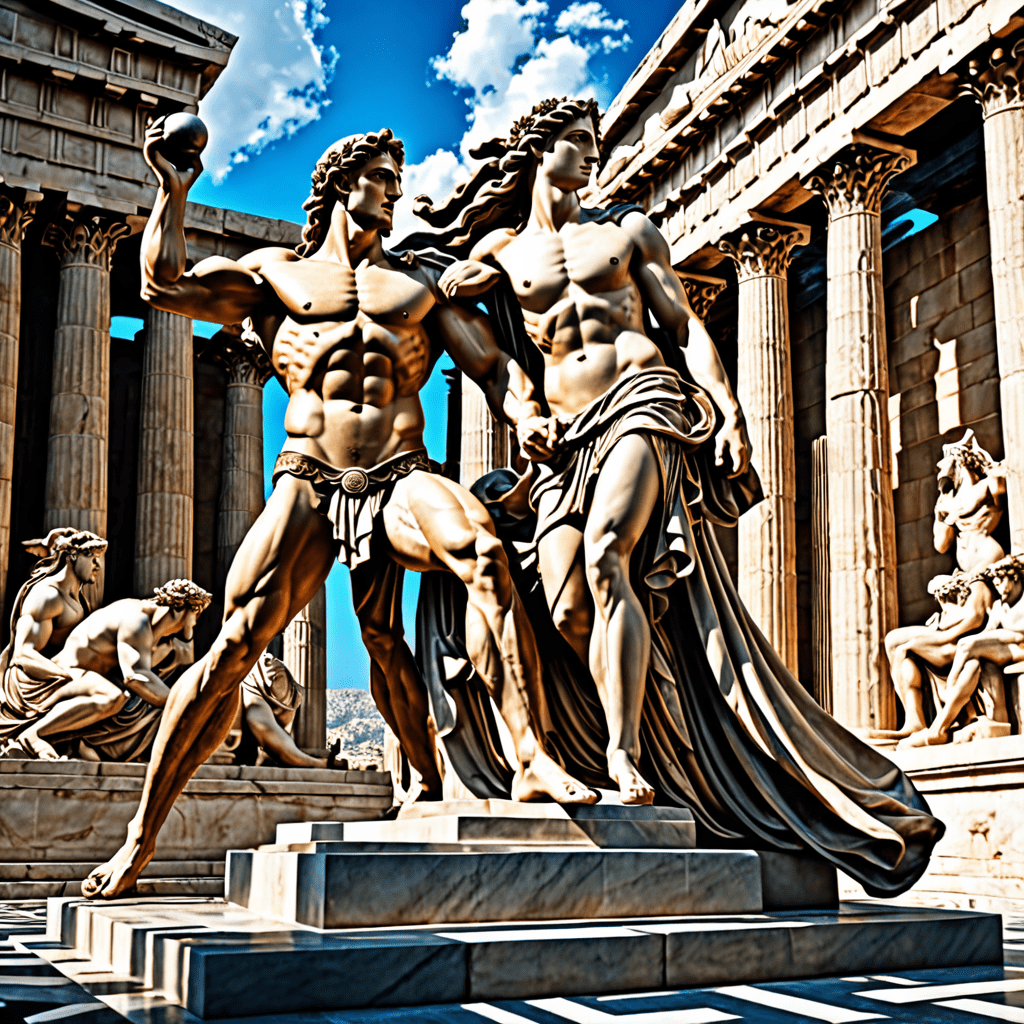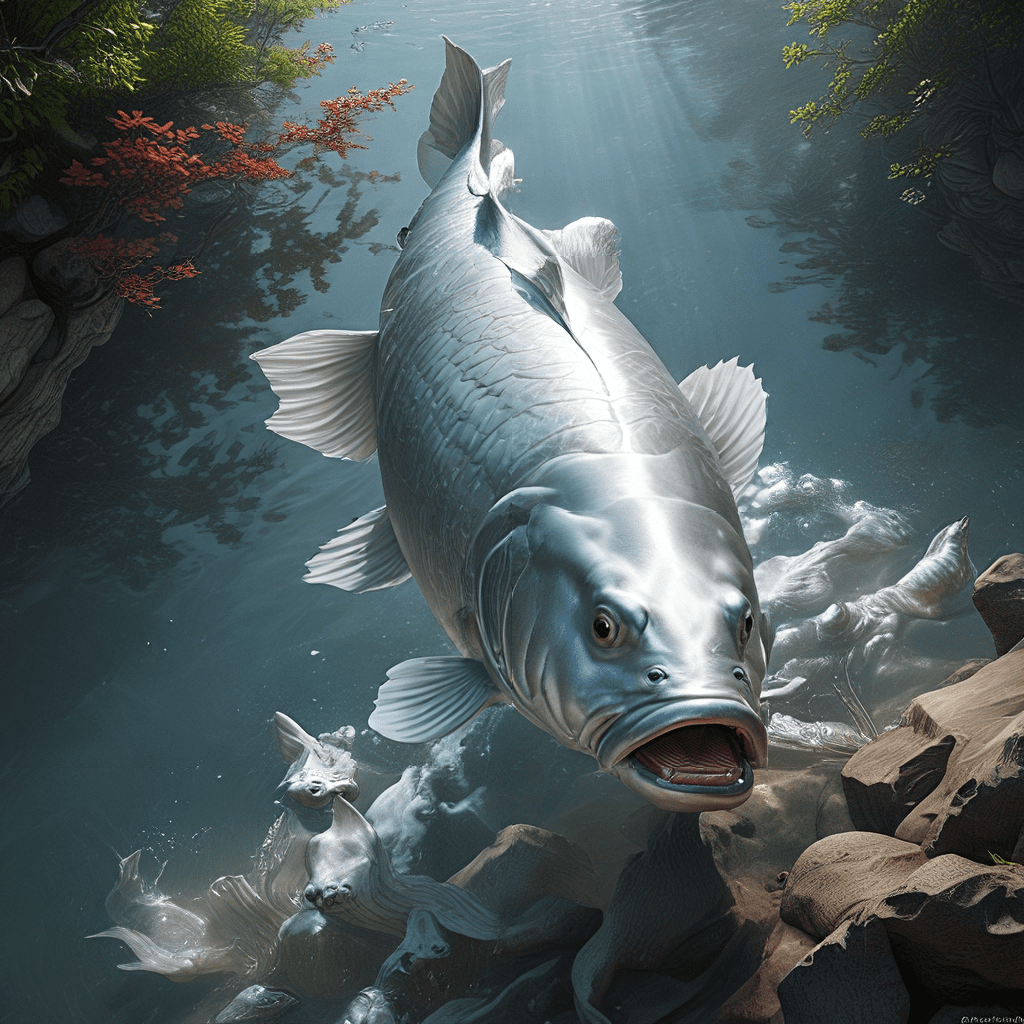The Most Interesting Myths of Ancient Deities and Their Lessons
1. Introduction to Ancient Mythology
Mythology is a collection of stories that hold significant cultural and spiritual value in various ancient societies. These narratives often explain the origins of the world, the workings of nature, and the human condition. Mythology serves as a reflection of the values, beliefs, and struggles of the cultures that created them, providing insight into their understanding of existence.
At the core of many mythological narratives are deities—powerful beings that represent various aspects of life and the universe. These gods and goddesses not only influence the natural world but also embody human experiences and emotions, guiding mortals in their daily lives and moral dilemmas.
2. The Creation Myths: Beginnings of the World
Creation myths are foundational stories that explain how the world and humanity came into being. Across cultures, these myths vary widely, yet they share common themes of chaos and order.
- Greek Mythology: The Greeks believed in the primordial deities like Chaos, Gaia, and Uranus, who played essential roles in the formation of the universe.
- Egyptian Mythology: The Egyptian creation myth often centers around the god Atum, who emerged from the chaotic waters of Nun to create the world.
- Hindu Mythology: In Hinduism, the universe undergoes cycles of creation and destruction, with deities like Brahma as the creator and Shiva as the destroyer.
These myths teach us about the dualities of existence, the importance of harmony, and the transition from chaos to order, reminding us that creation is often born from tumultuous beginnings.
3. Gods of Love and War: Aphrodite and Ares
The Greek deities Aphrodite and Ares present a compelling exploration of the interplay between love and conflict. Aphrodite, the goddess of love and beauty, embodies desire and attraction, while Ares, the god of war, represents aggression and violence.
Their relationship is tumultuous, marked by both passion and strife, illustrating the complex nature of human relationships. Through their stories, we learn valuable lessons:
- Love can be both nurturing and destructive.
- Conflict, when approached with balance, can lead to deeper connections.
- Understanding the duality of love and war can help us navigate our own relationships.
4. Trickster Deities: Loki and Anansi
Trickster deities like Loki from Norse mythology and Anansi from West African folklore embody the archetype of cunning and intelligence. These figures often challenge societal norms and reveal the complexities of morality.
Loki is known for his mischievous antics and ability to shape-shift, often causing problems for the gods but also providing solutions. Anansi, the spider god, uses his wits to outsmart others, teaching lessons through his cleverness.
Their stories convey important lessons:
- Cunning can be a valuable tool in overcoming challenges.
- Moral ambiguity is a part of life; not all actions are strictly good or bad.
- Embracing intelligence and adaptability can lead to survival and success.
5. The Underworld: Hades and Osiris
The concept of the underworld varies across cultures, with Hades from Greek mythology and Osiris from Egyptian mythology serving as prominent figures in these narratives. Hades rules the realm of the dead, while Osiris oversees the afterlife and resurrection.
Both myths offer insights into how different societies view death and the afterlife:
- Hades represents the inevitability of death and the idea of judgment.
- Osiris symbolizes rebirth and the hope of eternal life.
These stories urge us to confront our mortality, encouraging acceptance of death as a natural part of life and imparting wisdom on how to live meaningfully.
6. Female Deities and Their Empowerment: Kali and Athena
Female deities like Kali from Hindu mythology and Athena from Greek mythology represent strength and wisdom. Kali is a fierce goddess of destruction and transformation, while Athena embodies wisdom, warfare, and craft.
These powerful figures challenge traditional gender roles and serve as symbols of female empowerment:
- Kali teaches that destruction can lead to renewal.
- Athena showcases the importance of intellect and strategy in overcoming challenges.
Together, they inspire women to embrace their power and assert their roles in society, highlighting the significance of female agency in mythology.
7. Nature and Fertility: Demeter and Gaia
Demeter, the Greek goddess of agriculture, and Gaia, the personification of Earth, embody the connection between humans and nature. Their myths emphasize the importance of fertility, growth, and the cyclical nature of life.
- Demeter’s search for her daughter Persephone teaches about the seasons and the duality of life and death.
- Gaia represents the nurturing aspect of Earth, reminding us of our dependence on nature.
These narratives impart essential lessons about sustainability, the respect for nature, and the interconnectedness of all living things.
8. The Pantheon of Heroes: Hercules and Gilgamesh
Heroic myths, such as those of Hercules from Greek mythology and Gilgamesh from Mesopotamian lore, illustrate the archetype of the hero’s journey. These figures embark on quests that test their bravery, strength, and resolve.
- Hercules faces twelve labors, representing the struggle against overwhelming odds.
- Gilgamesh seeks immortality, ultimately learning about the value of friendship and human experience.
These stories teach us about sacrifice, resilience, and the journey of self-discovery, inspiring us to confront our challenges with courage.
9. Modern Interpretations and Relevance of Ancient Myths
Ancient myths continue to resonate in contemporary culture, influencing literature, film, and art. Modern adaptations often reinterpret these stories to address current societal issues, highlighting their timeless relevance.
- Myths provide frameworks for understanding complex human emotions and relationships.
- They can serve as cautionary tales about the consequences of greed, jealousy, and conflict.
- Lessons from these stories encourage self-reflection and personal growth in today’s world.
10. Conclusion: The Timeless Wisdom of Mythology
Ancient myths offer profound insights into the human experience, encapsulating lessons that remain relevant across generations. From understanding love and conflict to embracing the inevitability of death, these stories provide guidance and wisdom.
As we continue to explore and share these narratives, we preserve the timeless lessons of our ancestors, ensuring their wisdom endures for future generations. The myths of ancient deities remind us of our shared humanity and the universal truths that connect us all.




